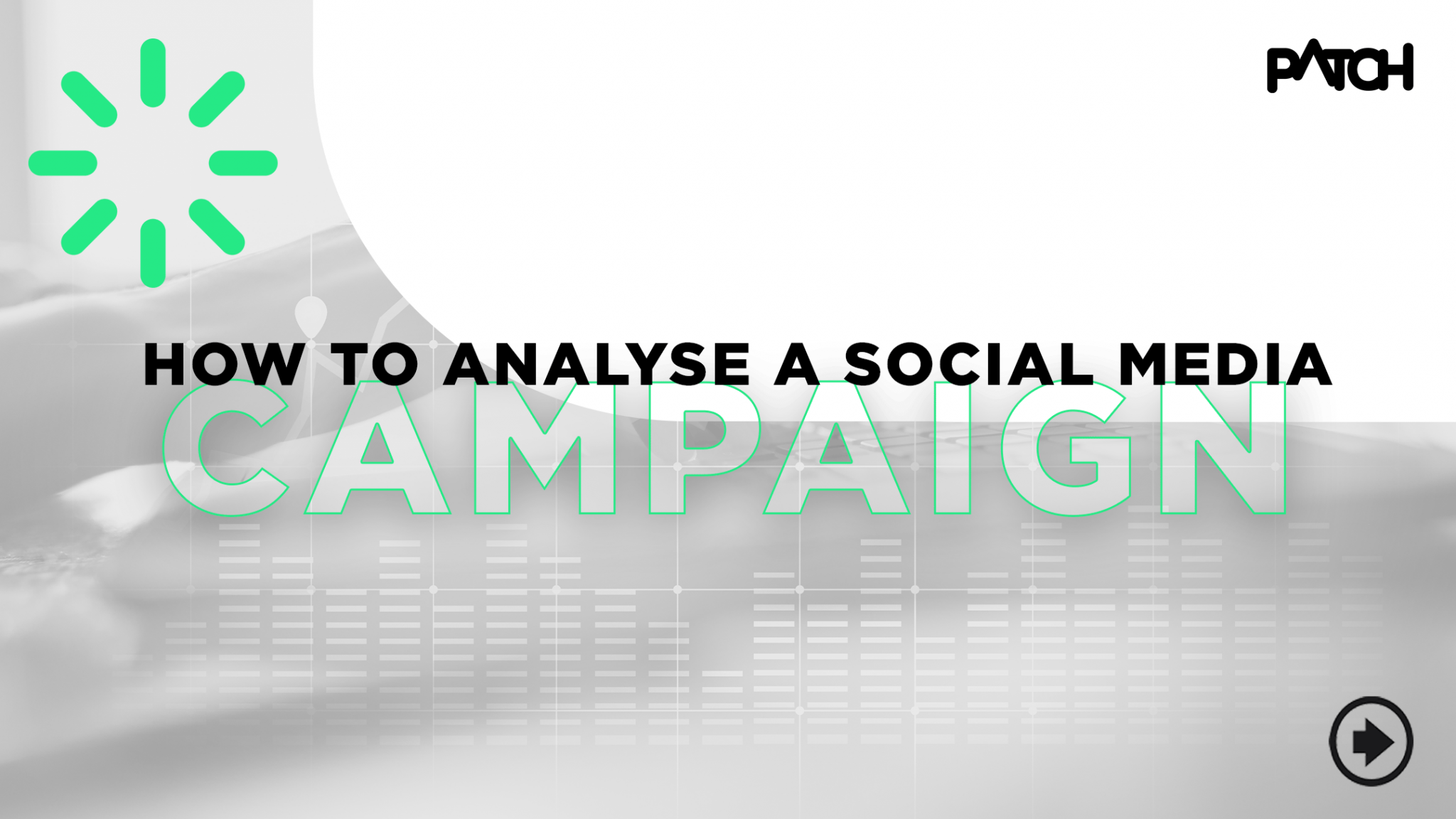
Venue marketing plan: Strategies, examples and ideas
Marketing a venue successfully relies on a lot of different factors. That means creating an effective venue marketing plan isn’t straightforward because, in short, venues aren’t, and neither are their customers.
There are countless different types of venue and the way you’ll want to market yours depends completely on what it is and who it appeals to.
Events venues, leisure venues, sporting venues, concert halls, hospitality venues, hotels, restaurants, museums, conference centres galleries, outdoor spaces – all of them need their own unique, marketing approach.
As a digital marketing agency, we’ve provided venue marketing services to over 70 venues of all shapes and sizes since launch in 2010. We’re proud to say that we know our stuff when it comes to venue marketing and so here, we wanted to share some of our insights and offer up tips and tricks for preparing a winning venue marketing plan.
Creating an effective venue marketing plan: our comprehensive guide
For event planners today, finding the perfect venue can be an overwhelming task. With so many out there to choose from – in every size, scale and nature imaginable – researching and shortlisting the best options takes patience and time.
So, if you’re an events venue looking to stand out in this competitive market and make the cut, having an effective venue marketing plan in place is crucial. It sounds straightforward enough but there are many different factors to consider, which makes creating one more complex than you might think.
There’s an abundance of different types of venues and event spaces for potential clients to choose from. These range from leisure and sporting venues, concert halls, hotels and restaurants – to museums, galleries, conference centres and outdoor spaces, to name a few. Each venue type requires a unique approach to devising an effective marketing plan, to ensure your efforts appeal to and engage the right target audience, via the right marketing channel touchpoint at the right time.
For over a decade, Patch has been delivering the full spectrum of venue marketing services for a diverse portfolio of over 70 venues. Along the way, we’ve learnt what really drives the best results, so we’re proud to say that we know our stuff when it comes to venue marketing. In this blog, we’ll share some of our expert insights, as well as practical tips and tricks to help you prepare your own effective venue marketing plan.
First things first… is a venue marketing plan different to a venue marketing strategy?
This is a question we’re often asked, and the answer is yes! While they do feed into each other, the key differences lie in the focus, objective and scope of each. In short, your marketing strategy should highlight the ‘what’ and ‘why’ context for your efforts, while the marketing plan is a shorter-term action plan setting out the ‘how’.
A venue marketing strategy is a more theoretical document that defines your venue’s brand, target audience, objectives and a long-term approach to how these will be achieved. If you want to know more about venue marketing strategies take a look at our guide on how to write a venue marketing strategy.
A venue marketing plan focuses on the specifics of what is happening and when. It should include outlines, deadlines and any tasks that need to be completed. You can also choose to combine your marketing plan with your budget, making Excel a powerful tool for creating venue marketing plans (it’s our favourite!).
How to create a venue marketing plan
Whether you’re looking to update and refresh an existing venue marketing plan or create one from scratch, the following questions will help you get started:
- What type of venue are you offering and which industries, companies or people are most likely to hire it?
- Why will your service appeal to those specific market segments over others?
- How will event planners find you when they’re looking for a venue like yours?
- How will they decide whether to book with you or a competitor?
- When do you need new bookings and what targets do you need to hit?
- Can you see your customers and network fitting into your marketing plan? Is there potential for repeat bookings, word of mouth, customer advocacy, social media interaction and reviews?
- Where do your potential clients spend their time within your industry? (This includes any websites they visit, the social media accounts they follow, the magazines they read, and the newsletter, video or podcast channels they subscribe to). It’s the network of media and information they use to form and shape their opinions and decisions.)
- And finally… Based on your marketing strategy, how do you position yourself to appeal to your target market?
Could you answer them all? Taking the time to research and answer these questions accurately and in detail will give you a solid foundation to build a truly effective venue marketing plan.
The above exercise will help you to better understand and define:
- Who you’re targeting with your venue’s marketing message
- How and where you will be targeting them
- How to position your brand to cut through the noise of a competitive market
It will also help you learn more about:
- Where your customers and network fit into your marketing plan
- How to make the most of their endorsement and advocacy
- Their ability to amplify your message and potentially recommend your brand
By analysing your customer journeys, enquiry-to-sale lead times and historic search engine query data, you can also develop a picture of when your market is looking for venues like yours. Using that analysis, you can plan your marketing activity at the optimum time to maximise impact.
Creating a venue marketing plan template
Once you’ve mapped out your venue marketing plan, you need to create a venue marketing plan template. This gives you and your team a reference tool to help keep track of all plans, making them easier to manage.
There’s no right or wrong way to create your plan template. Some people prefer to use visuals, such as graphics and charts; others prefer a written overview of plans – you could even utilise Excel’s formulas and functions to help automate the process.
Whatever format you choose, make sure it has enough space for all the information you need, and that the data (such as deadlines or costs) is laid out in a way that allows formulas to be applied.
A Gantt chart is a popular format for marketing plans, allowing you to set out your main activities (i.e. launch Google PPC Ad for summer sales) and create any sub-tasks that the main activity is dependent on (i.e. conduct keyword research, draft copy, publish landing page, set web goals). You can also easily combine your budget with a Gannt chart.
If you wish to go one step further, you can also include a performance report. Simply add in some additional space alongside your forecast, reach and impact data, and record how each marketing activity performs. This will help you make more informed decisions in the future.
Note: If you already use an analytics suite, you may feel that a performance report isn’t necessary. However, it’s important to bear in mind that by producing a performance report, you’ll benefit from making your forecast data easy to compare against the actual results achieved. Over time, this will make your future forecasting more accurate.
Structuring a venue marketing plan
There are two things to consider when deciding how to structure the template for your venue marketing plan: how you will be using it, and what information it needs to contain.
For example, if you’re creating a marketing plan for meeting rooms, you’ll need to include a typical meeting room marketing plan, as well as any related activities. You’ll need to allow space to manage a range of activities, including directory listings, paid search activity, digital advertising, and SEO to rank organically for target keywords. Learn more about how to leverage SEO strategy in our SEO for Events Venues Guide.
If you’re developing a plan to market a concert venue, it’s going to be different to the meeting room marketing example above…
This is because concerts are public events, often with a much higher number of attendees, and can sometimes be high-profile. One of the best marketing aims for any venue is to involve your customers in your plan. Concert venues, like other live event venues, have a huge opportunity here – every day they have hundreds, if not thousands, of people in their venues. This means hundreds or thousands of voices (and social media accounts) to potentially endorse your venue. Most concerts are promoted publicly, creating widespread exposure for the host venue in the process. Concerts can even be newsworthy, which is another great channel for increased awareness of your venue and securing press coverage.
Example venue marketing plan – in practice
We recently worked on a marketing campaign for a London events venue that wanted to appeal to fashion show organisers.
It started with the first fashion show they hosted. We distributed press releases to target press and wrote blogs about the event, as well as posting about it from their social media platforms.
After the event, we produced a case study and a landing page which was optimised to rank well for relevant search terms (i.e. ones that indicated the searcher was specifically looking for venues suitable for hosting fashion shows). The website optimisations, press coverage, and social media marketing combined boosted the venue’s SEO and improved their web ranking for organic search terms such as ‘fashion show venues in London’.
Part of the venue’s brand strategy was to position itself as a venue of choice for hosting fashion events. They were soon booked for another fashion show, and we repeated the process again. We’d begun to establish, and could now build on, the venue’s market positioning as a fashion show venue. There was also a growing reputation and web presence to support that.
The following example demonstrates that one activity, such as “write a blog”, can have several sub-activities.
These might include:
- Define keywords and semantically related words
- Check for an optimum word count
- Design accompanying graphic
- Publish blog on the website
- Optimise published page
- Distribute publication organically or through paid channels.
It also shows that a well-structured venue marketing plan is crucial for effectively managing all your marketing efforts and specific activities within a given timeframe.
If you’re interested in learning more about producing a new venue marketing plan or are looking for an experienced venue marketing agency to deliver it, we’d love for you to say hello! Get in touch with our team at info@patch.marketing or on 01892 572 700.


